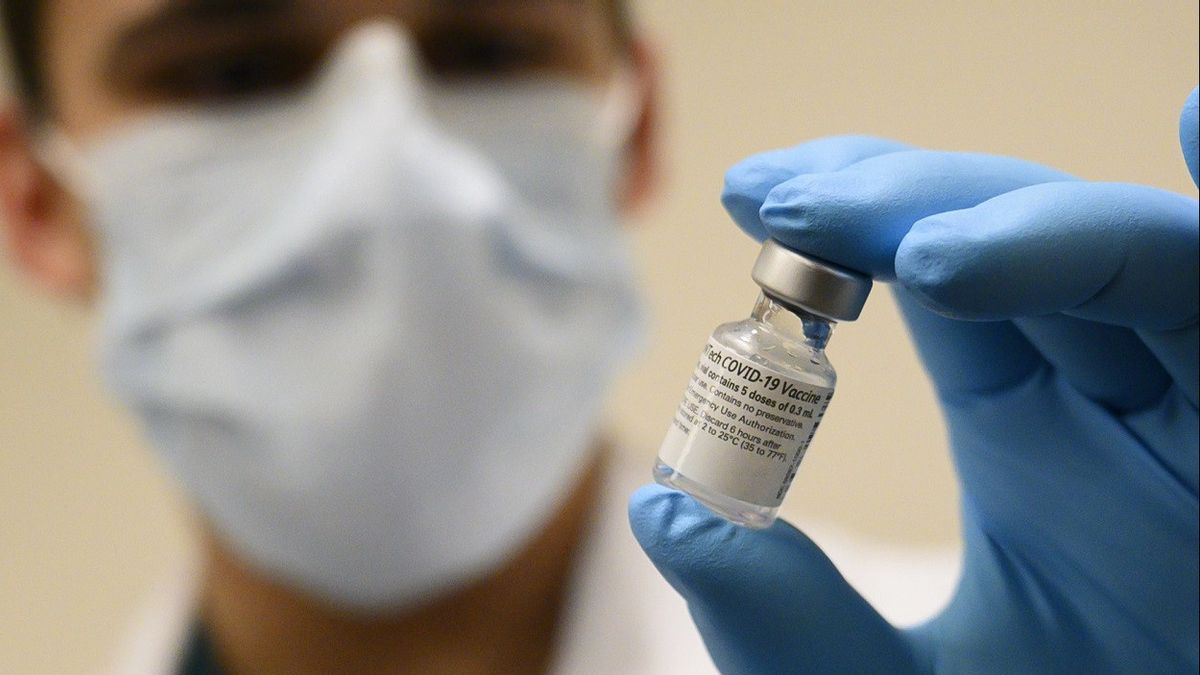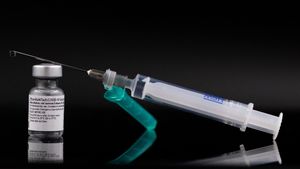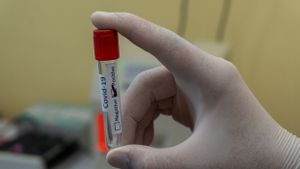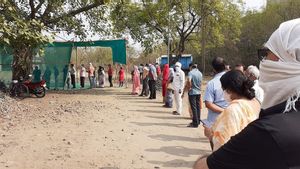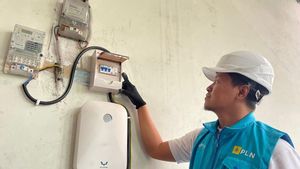JAKARTA - The research team found that the recipients of Pfizer's COVID-19 vaccine had lower antibodies against the Indian variant, compared to other vaccines.
From an analysis of 250 samples, levels of these antibodies were lower with age and decreased over time. These findings make the researchers increasingly convinced of the need for vaccine boosters for those who are vulnerable.
Data from the Francis Crick Institute and the UCLH Biomedical Research Center's National Institute for Health Research (NIHR) also support reducing the dose gap between injections.
It was found that after just one dose of Pfizer injections, recipients tended to develop antibody levels to the Indian variant, also known as Delta, as high as those seen against the British variant, now known as Alpha.
However, scientists say antibody levels alone cannot predict vaccine effectiveness, and prospective studies are needed. According to experts, lower levels of antibodies can still protect against the virus.
Suspected to be the predominant strain of COVID-19 in the UK, preliminary suggests the Indian variant may lead to an increased risk of hospitalization compared to the UK variant.
Public Health England (PHE) data as of June 2 show that a total of 12.431 cases of the Indian variant have been confirmed in the UK, up 79 percent from the previous week's total of 6.959 cases, cited from Sky, June 4.
Meanwhile, UCLH Infectious Disease consultant and senior clinical researcher for the Legacy study Emma Wall said the virus is likely to be around for some time to come. Humans are required to remain agile and alert.
"Our study was designed to be responsive to changes in the pandemic so we can quickly provide evidence of changing risks and safeguards", he explained.
"The most important thing is to ensure that vaccine protection remains high enough to keep as many people away from hospitals as possible", he said.
He added that the best way to keep hospitalizations as low as possible is to quickly administer a second dose and give boosters to those with weakened immune systems.
To note, this study is the largest published to date investigating the neutralizing capacity of vaccine-induced antibodies against the latest COVID-19 variant in healthy adults.
The researchers have submitted their findings to the National Genotype-to-Phenotype Virology Consortium (G2P-UK), the New and Emerging Respiratory Virus Threat Advisory Group (Nervtag), and the Joint Committee on Vaccination and Immunization (JCVI).
SEE ALSO:
"These data cannot tell us whether a vaccine will become less effective in preventing severe illness, hospitalization, and death. We will need to wait for actual data on these results", Eleanor Riley, professor of immunology and infectious disease, University of Edinburgh.
The English, Chinese, Japanese, Arabic, and French versions are automatically generated by the AI. So there may still be inaccuracies in translating, please always see Indonesian as our main language. (system supported by DigitalSiber.id)
